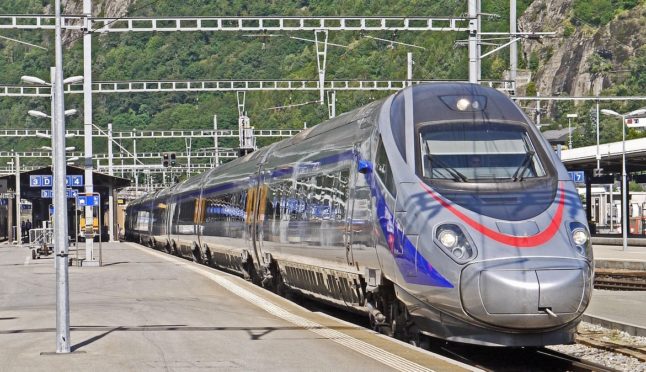EUROPEAN UNION
Survey: a majority of Swiss favour free movement
More than 50 percent of Swiss would vote to keep the country’s free movement agreement with the EU, according to a new survey.
Published: 15 May 2017 09:14 CEST

Photo: Jorge Guerrero/Fabrice Coffrini/AFP
Fifty-two percent of those questioned by Le Matin Dimanche said they would reject a popular initiative aiming to end free movement, against 37 percent who would support it, the paper said on Sunday.
Backed by the right-wing Swiss People’s Party (SVP), it comes as a reaction to the government’s decision last December to water down a 2014 initiative that called for quotas on immigration from the EU.
If the public were to vote in favour of ending free movement, it would destroy a whole raft of related bilaterals and essentially exclude Switzerland from the EU single market.
Unsurprisingly, 82 percent of SVP voters would back such an initiative, according to the survey.
But it would be largely rejected by the Socialists, 81 percent of whom would vote against it.
Seventy-nine percent of Greens, 64 percent of Christian Democrats and 61 percent of Liberal-Radicals would also reject it.
Breaking down the results by region, the survey found that the AUNS/SVP initiative would be narrowly accepted in Ticino, which has seen anti-free movement sentiment on the rise in recent years due to the large number of Italian cross-border workers.
However the initiative would be rejected in German and French-speaking Switzerland, where only 39 percent and 34 percent of those surveyed supported ending free movement.
AUNS is still debating what form its initiative will take, with a view to launching its campaign to gather signatures in the second half of the year.
Despite the overall support for free movement, the survey showed the Swiss to be less decisive when it comes to the institutional framework that Switzerland is currently negotiating with the EU.
According to the survey 37 percent backed the framework and 39 percent were against it, with 24 percent unsure.
The framework agreement aims to resolve certain institutional questions regarding Switzerland’s bilateral arrangements with the EU, for example the role of EU courts in dispute resolution.
Around 11,500 people took part in the survey.
Url copied to clipboard!


 Please whitelist us to continue reading.
Please whitelist us to continue reading.
Member comments